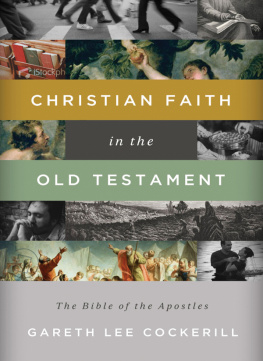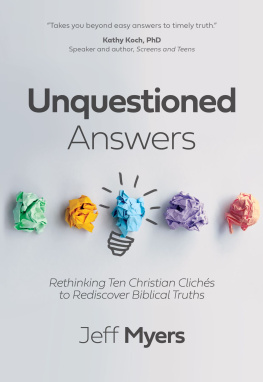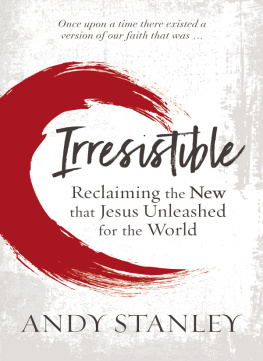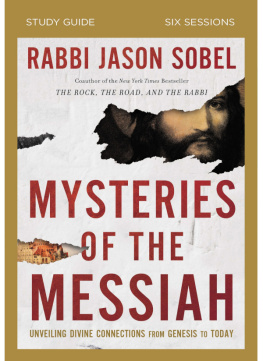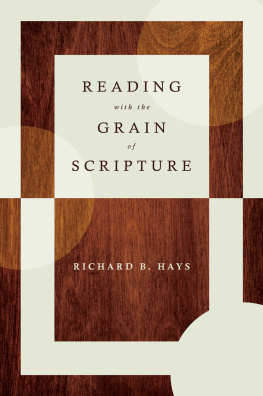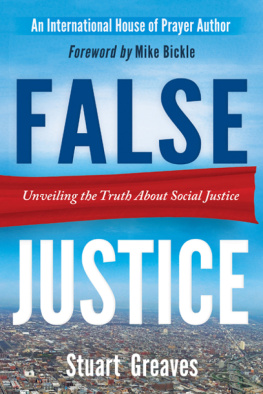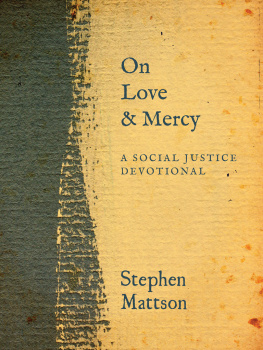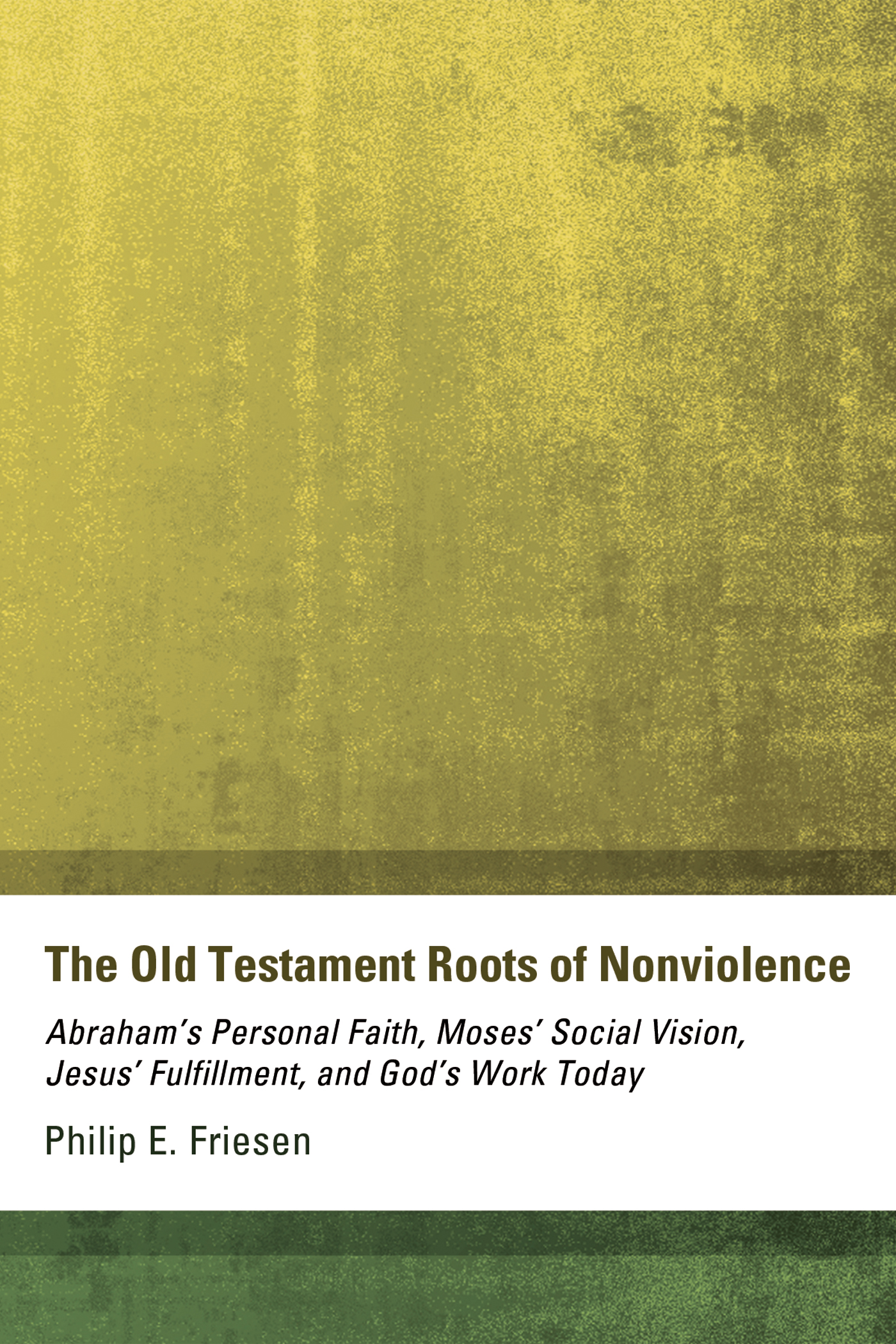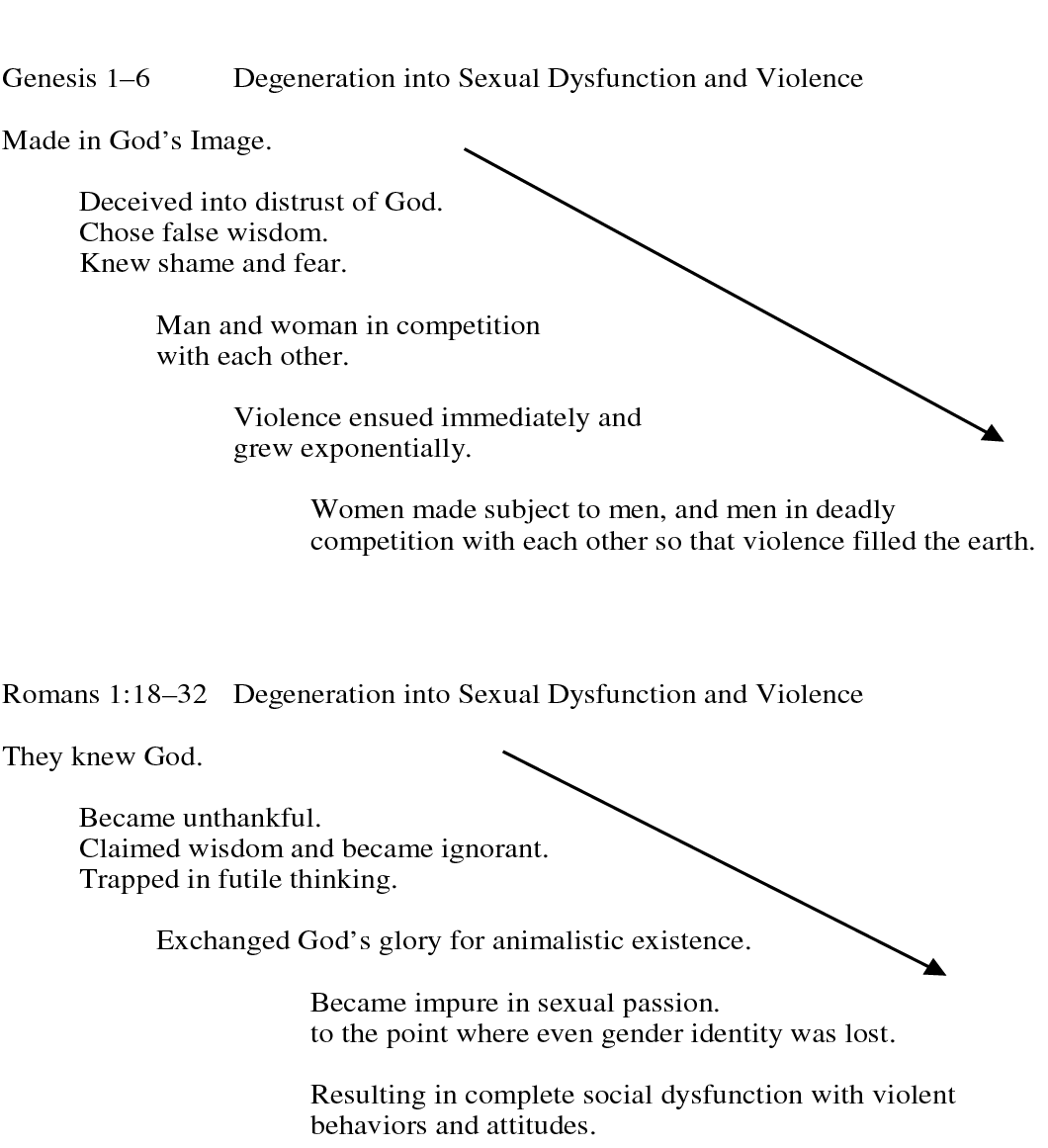Introduction
The kingdoms of this world are become the kingdoms of our Lord, and of his Christ; and he shall reign forever and ever. (Revelation : KJV)
O n a sunny day in 2001 , the World Trade Center in New York was completely demolished. Those who flew the planes and those who sent them did so, as they claimed, in the name of God. More than three thousand years ago, the city of Jericho was similarly destroyed and devoted in destruction to God. What was the difference between these two events?
Four thousand years ago Abraham devoted his son to God and took him up Mount Moriah to kill him. A millenium later, Hannah devoted her son to God, but instead of trying to kill him, she took him to the Tabernacle to live his life in service to the Lord. What made the difference?
In the sacrifice of Isaac, Abraham did what would be normal in his society. Isaacs birth had happened in answer to Abrahams deepest prayers, and Abraham felt he should devote that son to God. He proceeded to do so in the only way a man of his time knew to do. By the time of Hannah there was another option. According to Hebrews :, Abraham believed God could raise Isaac from death, and Abrahams faith precipitated a new revelation and a new era. Beginning with Abraham, Israel began to learn that human sacrifice in worship was unacceptable to God, and Hannah lived in this new tradition.
What Abraham did would not be right for Hannah. What Joshua did would not be right for us. Gods offer of his son to die and Jesus resurrection from death has precipitated an entirely new set of options that are better than what Joshua did. Those who destroyed the World Trade Center were living with Joshuas understanding of God. Islam brought Arabia forward in the rejection of polytheism, but Mohammad stumbled where the world consistently stumbles, at the scandal of the cross. Unless we have learned to live the life of the resurrection in the light of the cross, we will operate at best, as Mohammad did, in the light of an Old Testament understanding.
Peace comes at a price. When the price is not paid, there will be war. But the price is not military preparedness; rather, it is faith and obedience. The persistent inability to get along with neighbors is proof that one isnt getting along with God. Proverbs : makes this observation, When the ways of people please the Lord, he causes even their enemies to be at peace with them. The stories in Judges reveal the negative side of this truth.
In Judges : a messenger of the Lord brought Israel the announcement of impending war. Israel had failed to expel the tribes whose lease on Gods land had expired, and instead had turned those natives into slaves (Judges :.) The former Hebrew slaves from Egypt now had slaves of their own, and God didnt like it. Failure to obey God had cost them Gods protection, and they found themselves defenseless.
Throughout the story told by Judges, each time Israels relationship with God grew cold and distant, conflict arose with neighbors, and Israel lost its liberty. Each episode of subjugation was followed by repentance, and then by deliverance from God who sent Judges. Each episode of deliverance was miraculous, not dependent upon superior, human, military strength. This was the way God ordained for Israel to go to war.
During the time of Samuel, Israel demanded to have a king like other nations in order to prepare a better military defense; and after Israel had a king like other nations, they no longer felt so vulnerable as before. But to have a king like other nations was not Gods plan, and those who understood Moses teaching always insisted there should be no king but Yahweh. Unfortunately, the military establishment effectively replaced dependence upon God. People now depended upon the ruler who then, in turn, enslaved them.
The Old Testament Roots of Nonviolence is about the divine/human interaction that brings real social change for the salvation of the world. The case in point is the issue of peace and war, but the purpose of this book is missiological. I hope those who may disagree with my conclusions about peace will still join the discussion about Gods mission for the world and the changes it brings.
Non-theistic religions offer personal peace and escape from earths suffering through religious exercise, but the incarnation of Jesus brought heavens peace to earth. This peace is for the community, not just the individual, so that faith can be a community affair in which all participate, and do so in a way that leads to peace.
Islam offers the rule of God on earth through worship and government action. Jesus offers the same, but his government operates differently. This is noteworthy among religions: only the Christian gospel offers the pacifist option. Islam could not produce such an idea, and neither could Judaism apart from its Messiah.
Jesus brought peace to the earth in his coming, and that peace is growing in the world for those who have eyes to see it. Just as the DNA of an oak tree can be clearly identified in the acorn from which it grew, so the peace Jesus brought has its roots in Genesis. Just as a scientist must have the proper tools to study genetics, so the Biblical student needs the proper tools of hermeneutical analysis. I follow a praxis-oriented Anabaptist hermeneutic that begins with Jesus and his disciples in the New Testament and seeks to interpret the Old Testament according to what Jesus and his apostles saw there. That is why we begin the first section, The Soil of Injustice, with a New Testament writer.
For the reader with limited time who wishes to scan the evidence quickly, I suggest reading chapters first. It will be like examining the root, stem, and flower before deciding whether to pursue a study of the seed and the soil into which it was planted. Chronologically the soil comes first, but for those who find plowing the soil tedious, I recommend starting elsewhere. Some may just want to enjoy the flower and begin with Jesus, the Rose of Sharon (Song of Solomon :) himself, in chapter seven.
Section I
The Soil
W e begin with what may be the most enigmatic and incomprehensible text in the Bible. While scholars debate, the explanation of Genesis : is still a mystery. Yet the story of the Nephilim and their wives is vital to the structure of Genesis, as it transitions the drama from the antediluvian period into the flood.
First we need to examine the structure of Genesis. The problem of violence is implicit to understanding the story. In the section following the fall of Genesis chapter (Genesis ::), chapter tells of two murders and a man with two wives. The conflict of brothers and domination of a man over his multiple wives presents a stark contrast to the unity and innocence of chapter . Despite the growth of civilization, this growth takes place is a world of escalating violence. The second section (Genesis ) opens with a world filled with violence (:), and ends with a solution for violence, capital punishment (:). The third section following after the transition of Genesis opens with the patriarchal stories in a time and place where order is maintained by the exercise of violent force. In this section capital punishment has not ended violence, but has institutionalized the violence in a social system (monarchy) where the dominant male of the clan exercises the power of life and death, administrating capital punishment according to his whims. This is the context of the patriarchal stories we will study later in chapter .



